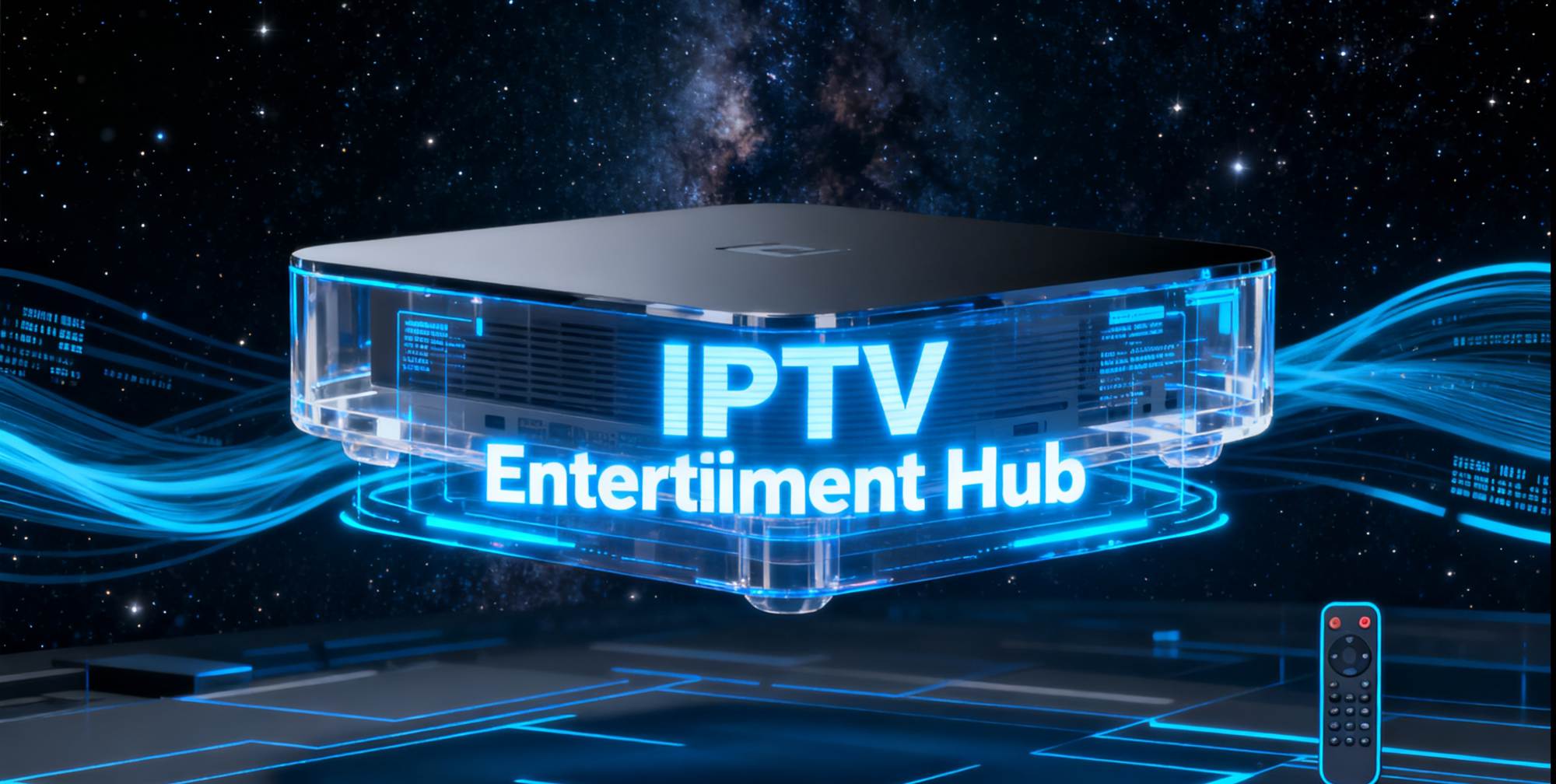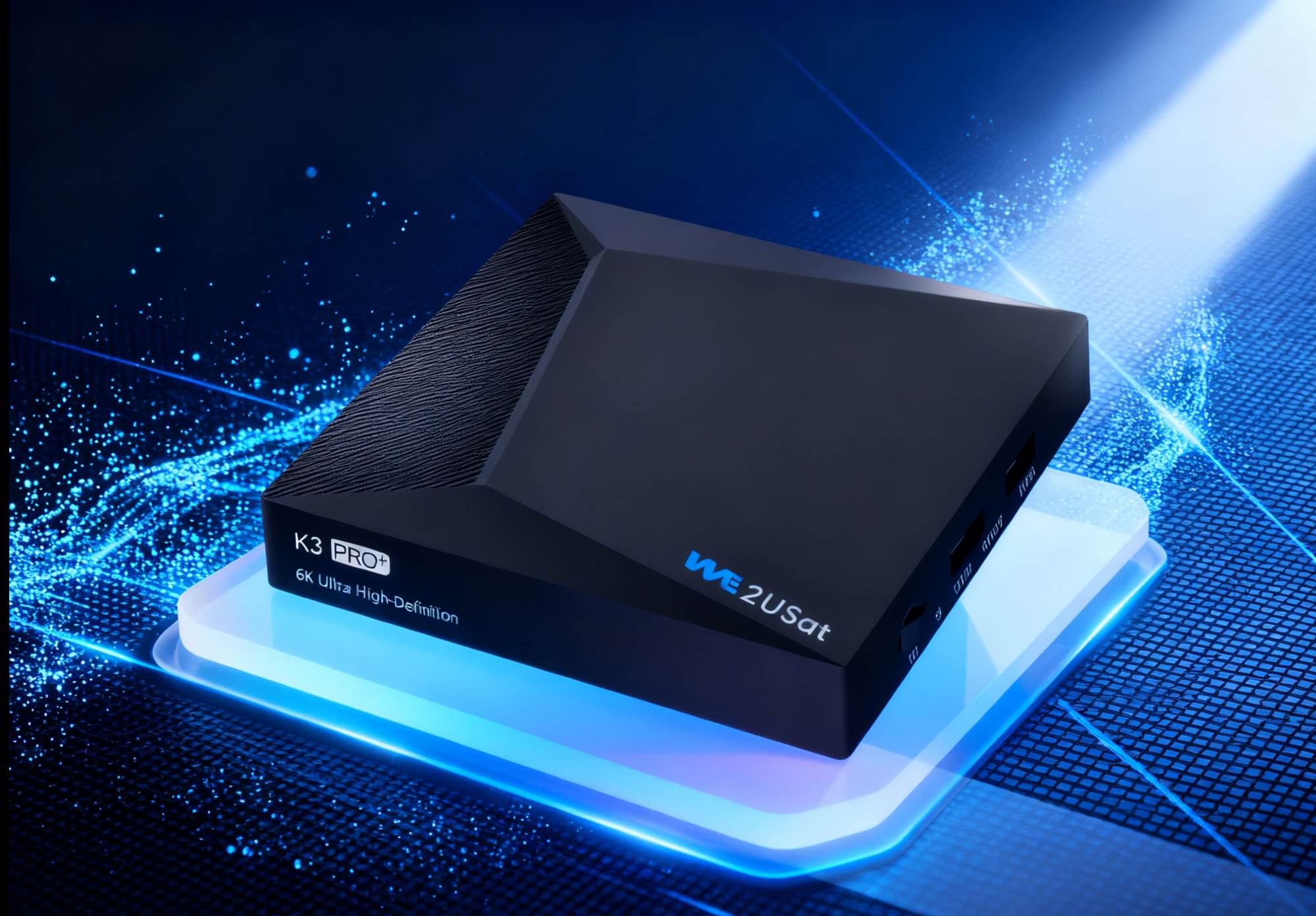"IPTV offers a variety of on-demand, catch-up, and interactive features over broadband internet, making it suitable for young families seeking high-quality video and a smart experience. Cable TV, with its stable live signal and localized content, is more suitable for older users and those in areas with unstable internet connections. It optimizes the home entertainment experience based on network conditions and content preferences."
With the rapid development of internet technology and growing consumer demand for diverse entertainment, IPTV (Internet Protocol Television) has become increasingly popular in households, becoming a television service on par with traditional cable TV. However, many users remain confused about the concept of IPTV and its differences from cable TV. What exactly is IPTV? How does it differ from cable TV in terms of technology, content, user experience, and pricing?
content
I. Definition and Operation of IPTV
1. Definition of IPTV
2. How IPTV Works
II. Definition and Operational Principles of Cable TV
1. Definition of Cable TV
III. Differences between IPTV and Cable TV
1. Transmission Technology
2. Content Provision
3. Interactive Features
4. Network Dependency
5. Picture and Sound Quality
6. Price and Cost
7. Coverage and Availability
8. User Experience and Service
IV. Application Scenarios for IPTV and Cable TV
1. Application Scenarios for IPTV
2. Cable TV Use Cases
V. Purchasing and Usage Recommendations
1. Choose Based on Needs
2. Checking Service Quality
3. Fees and Contracts
4. Optimizing the User Experience
summary
2. Operational Principles of Cable TV
I. Definition and Operation of IPTV
1. Definition of IPTV
IPTV (Internet Protocol Television) is a service that transmits television signals over broadband internet, using the IP protocol to deliver video, audio, and data content as digital streams to user terminals (such as TVs, set-top boxes, or smart devices). According to the "Technical Specification for Interoperability of Broadcasting and Television Networks" (GY/T 220.1-2006), IPTV is a television service based on telecom operators' broadband networks, combining live streaming, on-demand, and interactive features to provide users with a diverse audio-visual experience.

IPTV is typically provided by telecom operators and connected to home televisions via dedicated broadband networks and set-top boxes (STBs). It offers live TV channels, video on demand (VOD), catch-up features, and value-added services.
2. How IPTV Works
IPTV uses the following technical architecture to deliver content:
• Content Acquisition: The IPTV platform acquires programs from TV stations, content providers, or self-produced content libraries and encodes them into digital streams.
• Transmission Network: Utilizing telecom operators' broadband networks (such as fiber or ADSL), IP-based data transmission ensures low latency and high reliability.
• Terminal Device: Users receive the signal through an IPTV set-top box, smart TV, or mobile device, which decodes and displays the video content.
• Interactive Features: Supports on-demand viewing, rewinding, pausing, and application services (such as education and gaming), enabling user interaction through two-way communication.
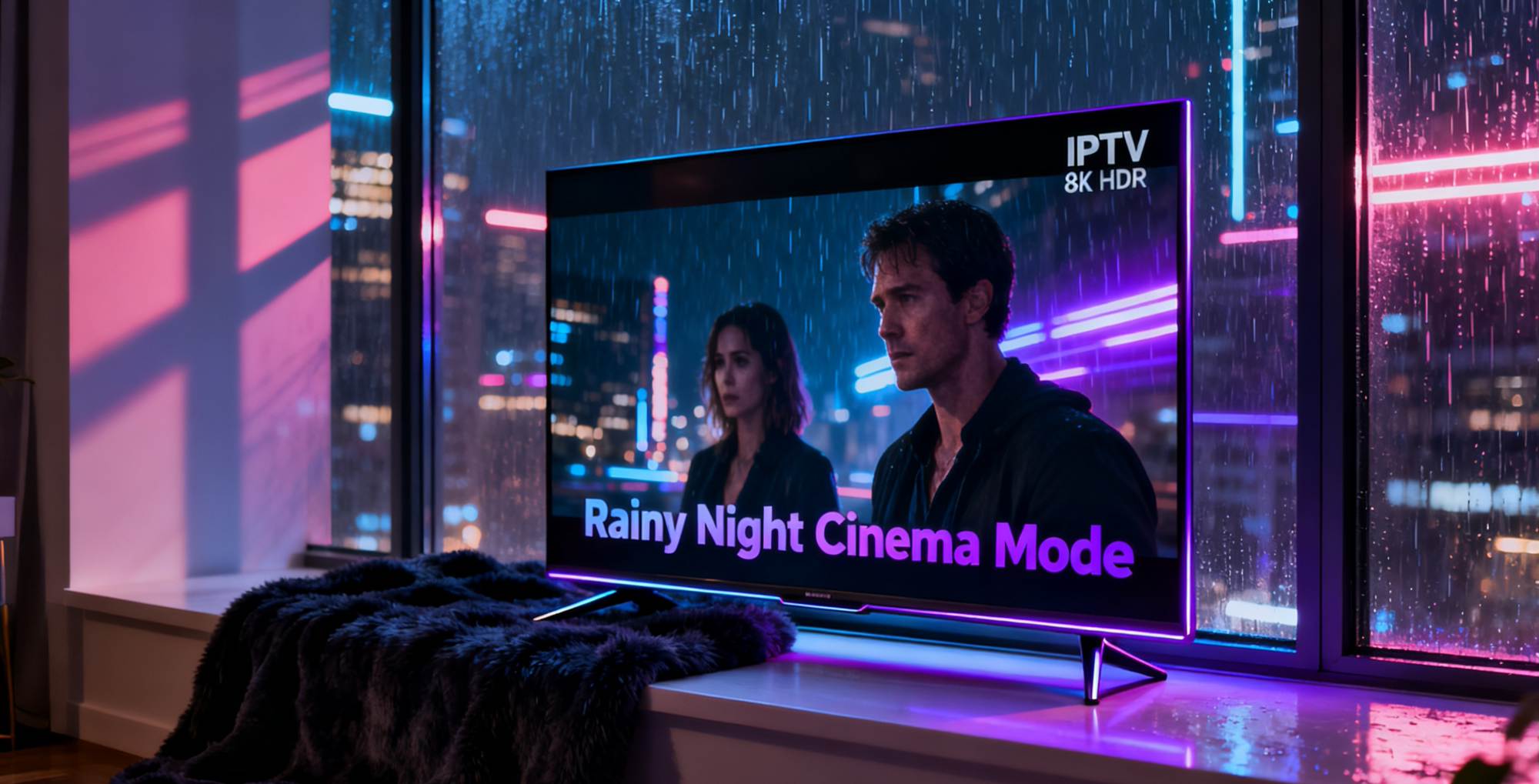
II. Definition and Operational Principles of Cable TV
1. Definition of Cable TV
Cable TV is a traditional television service that transmits analog or digital television signals to subscribers' homes via coaxial or optical cables. According to the "Cable TV Network Technical Specification" (GY/T 106-1999), cable TV broadcasts live television channels, covering news, entertainment, sports, and other content.
Cable TV is operated by broadcasting and television systems and connects to subscribers' televisions via cable networks. It requires a digital television set-top box (DTMB) to decode the signal.
2. Operational Principles of Cable TV
Cable TV uses a one-way broadcast model:
• Content Distribution: Broadcasting and television companies receive television station signals via satellite or terrestrial stations, centrally encode them, and broadcast them via cable networks.
• Transmission Network: Analog/digital signals are transmitted via coaxial or optical cables, covering urban and some rural areas.
• Terminal Device: Users receive the signal via a set-top box or a television with a built-in tuner, which decodes and plays the live channel.
• Functional Limitations: Primarily offers live streaming, with limited on-demand or catch-up support in some regions.
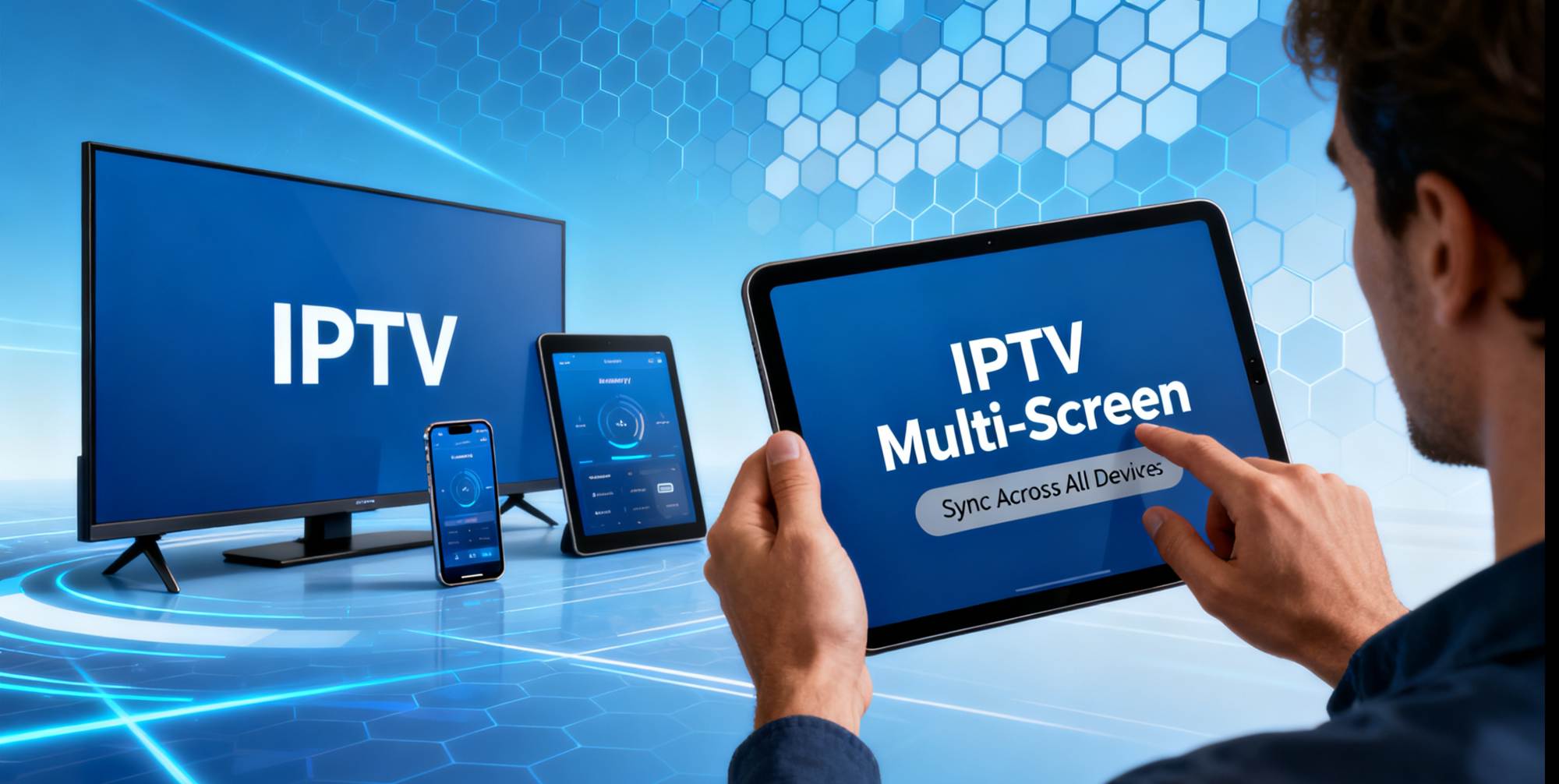
III. Differences between IPTV and Cable TV
1. Transmission Technology
• IPTV: Transmitted via broadband internet (IP protocol), based on fiber optic or ADSL networks, with digital signals and two-way communication supporting interactive features.
• Cable TV: Transmitted via coaxial or optical cables, with analog or digital signals, one-way broadcasting, and weak interactivity.
• Impact: IPTV requires high broadband speeds (recommended 20Mbps or higher), and its stability depends on network quality; cable TV offers stable signals but does not support complex interactions.
2. Content Provision
• IPTV: Offers rich content, including live channels, on-demand movies and TV shows, catch-up (within 7 days), and value-added services (education, games). Operators collaborate with internet platforms to offer popular dramas and variety shows.
• Cable TV: Primarily offers live channels, with limited on-demand content and catch-up support in some regions. Broadcasting and television systems prioritize localized content (such as local news).
• Impact: IPTV offers diverse content and is suitable for users who seek on-demand and personalized experiences; cable TV is suitable for users who prefer live and local programming.
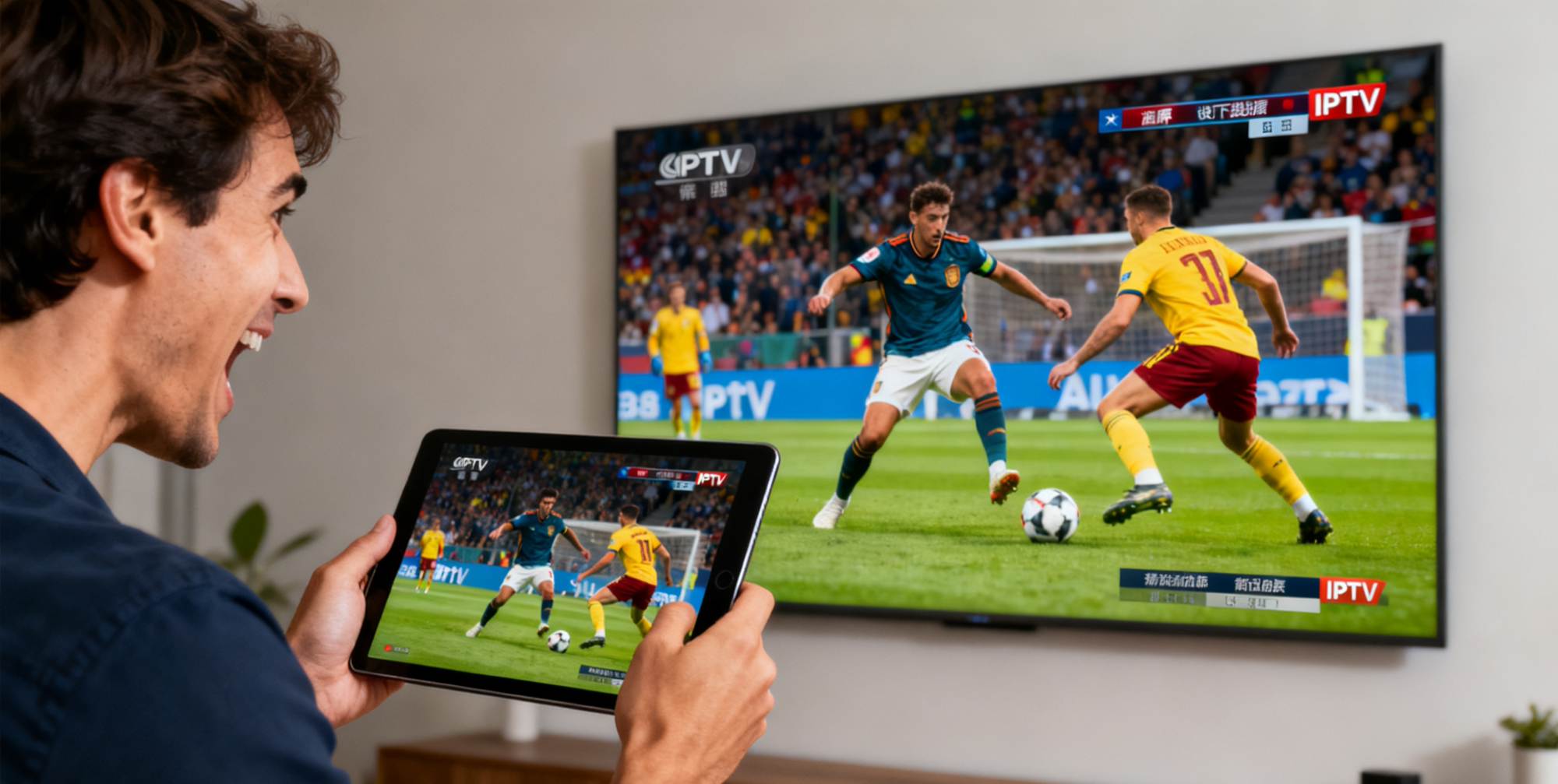
3. Interactive Features
• IPTV: Supports on-demand viewing, rewinding, pausing, fast-forwarding, an app store (such as education and fitness apps), and voice control, offering high interactivity.
• Cable TV: Limited functionality, primarily focused on live streaming, with limited rewind support in some regions. It offers poor interactivity and lacks smart apps.
• Impact: IPTV offers an immersive experience and is suitable for young families; cable TV is simpler to use and is suitable for older users.
4. Network Dependency
• IPTV: Requires a stable broadband network. Speeds below 10Mbps may cause lag and render it unusable during network outages.
• Cable TV: Independent cable networks are independent of the internet, offering high signal stability and continued service during power outages or network outages (requires TV power).
• Impact: IPTV is suitable for cities with widespread broadband access; cable TV is suitable for rural or remote areas with unstable network connections.

5. Picture and Sound Quality
• IPTV: Supports 4K, HDR, and Dolby Atmos (requires broadband and HD content), offering detailed picture quality and immersive sound, but is subject to network speed limitations.
• Cable TV: Mainstream is 1080p, with limited 4K content. Sound quality is average (mainly stereo), but the signal is stable and the picture quality is consistent.
• Impact: IPTV is suitable for audiovisual enthusiasts seeking high-quality video; cable TV offers stable picture quality but limited room for improvement.
6. Price and Cost
• IPTV: Typically bundled with a broadband plan, with monthly fees ranging from $20 to $100. Some content requires an additional subscription (such as VIP on-demand).
• Cable TV: Independently billed, some channels require additional fees. Installation fees are additional, and a set-top box must be purchased or leased.
• Impact: IPTV offers a high overall cost-effectiveness and is suitable for broadband users; cable TV offers transparent costs, but higher long-term costs.

7. Coverage and Availability
• IPTV: Relies on broadband networks, with high urban coverage (over 90%), while rural areas are limited by network infrastructure.
• Cable TV: Cable networks cover cities and most rural areas, with a broad user base nationwide, but access to new communities may be delayed.
• Impact: IPTV is suitable for cities and areas with widespread fiber optic coverage; cable TV is suitable for areas without broadband or in remote areas.
8. User Experience and Service
• IPTV: Features a modern interface, supports voice search and personalized recommendations, and operators offer integrated broadband + IPTV + mobile phone packages for convenient service.
• Cable TV: Features a traditional interface and simple operation, but suffers from slow response from broadcasting and television customer service and delayed service updates.
• Impact: IPTV offers an intelligent experience, suitable for younger users; cable TV is suitable for users who prefer simplicity.
IV. Application Scenarios for IPTV and Cable TV
1. Application Scenarios for IPTV
• Urban Families: Broadband is widely available, suitable for young families seeking on-demand, 4K picture quality, and smart features.
• Video Enthusiasts: Offers popular series and movies from platforms like Netflix and Disney, meeting diverse needs.
• Smart home users: Supports voice control and an app store, and integrates with smart speakers and mobile phones.
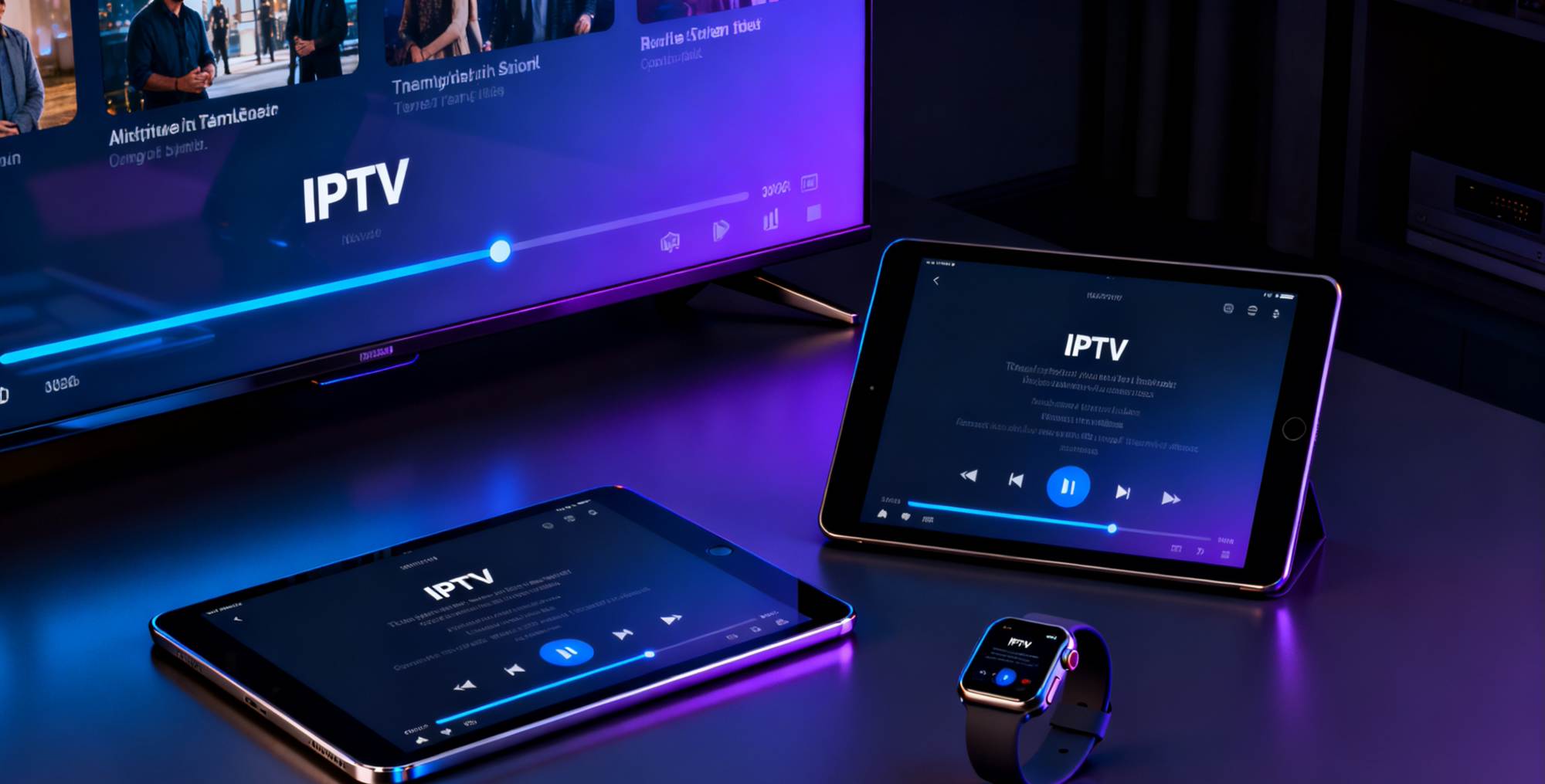
2. Cable TV Use Cases
• Rural or remote areas: Broadband network is unstable or unavailable, but cable signal is reliable.
• Elderly users: Simple operation, primarily live channels, meeting basic news and TV needs.
• Localized content needs: Wide coverage of local channels.
V. Purchasing and Usage Recommendations
1. Choose Based on Needs
• IPTV: Suitable for users in areas with widespread broadband access who require on-demand viewing and high-definition video. Recommended with a broadband speed of 100Mbps or higher.
• Cable TV: Suitable for users in areas with unstable network connections or who prefer live streaming and simple operation. Consider local channel coverage.
• Comprehensive Considerations: For users with a limited budget and broadband needs, choose an IPTV package; for those without broadband needs or who prioritize stability, choose cable TV.
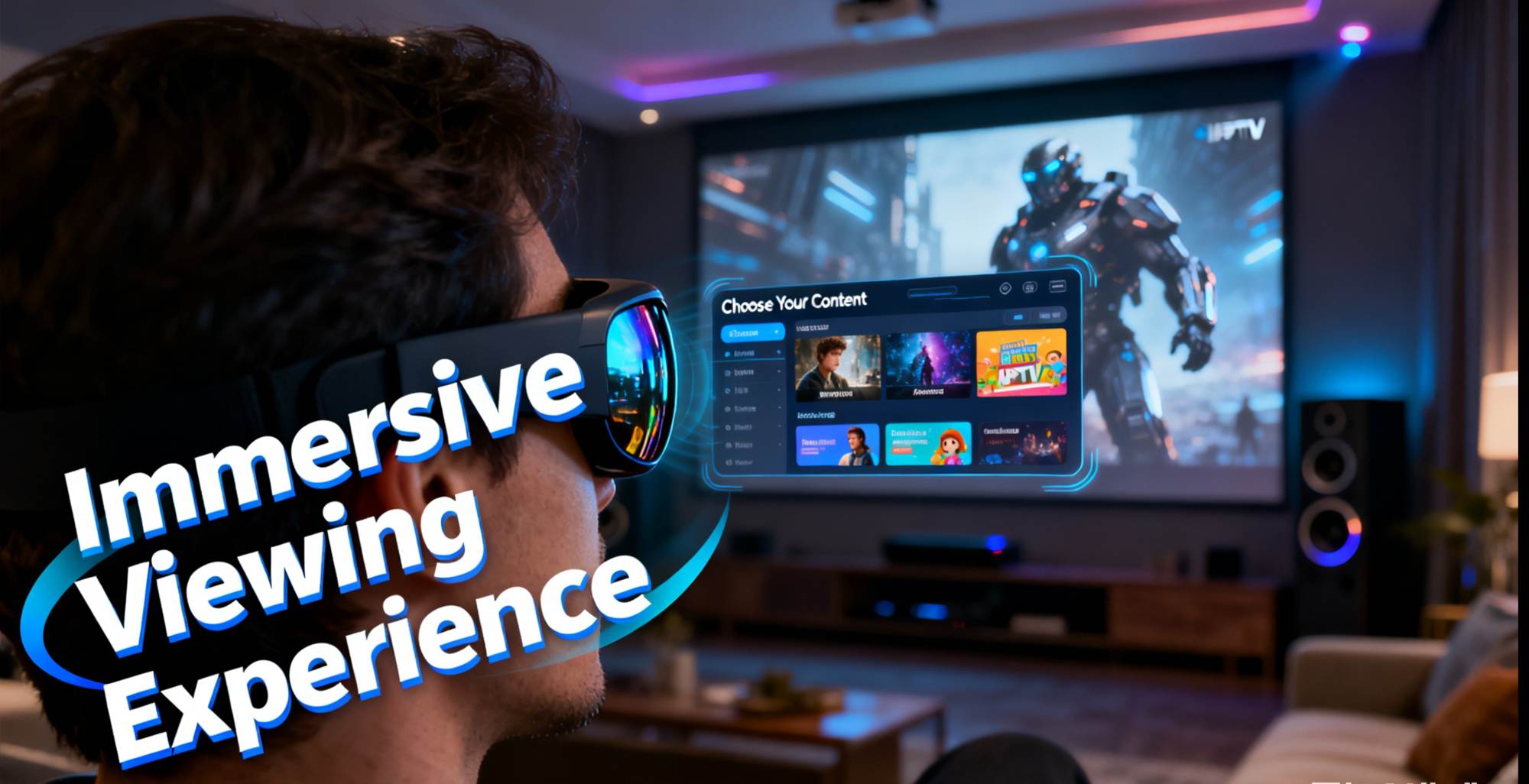
2. Checking Service Quality
• IPTV: Choose a regular package, confirm broadband speed and set-top box support for 4K, and review the content library.
• Cable TV: Contact your local broadcasting company (such as China Broadcasting Corporation) to confirm the number of channels and signal stability, and inquire about set-top box fees and maintenance policies.
3. Fees and Contracts
• IPTV: Understand the package details and be aware of any hidden fees (such as VIP on-demand services). Discounts may be available if you sign a 1-2 year contract.
• Cable TV: Confirm the monthly and installation fees, inquire whether a set-top box is required, and pay attention to renewal policies.
4. Optimizing the User Experience
• IPTV: Upgrade your broadband to 200Mbps or higher to ensure smooth 4K playback. Regularly update the set-top box firmware to optimize interface responsiveness.
• Cable TV: Regularly check cable connections and clear the set-top box cache to avoid signal interference.
summary
When choosing a TV service, choose the right one based on your network conditions, content needs, and budget. Urban users should prioritize IPTV packages for high-quality video and on-demand streaming; rural users or those with simpler needs should opt for cable TV for a stable signal. With the widespread adoption of 5G and fiber optic networks, IPTV's market share will continue to expand, while cable TV needs to enhance its competitiveness through digital transformation. Consumers are advised to choose the most suitable TV service based on their actual needs and optimize their home entertainment experience. If they really don’t know how to choose, they can also consider IPTV-specific TV boxes such as we2usat.

